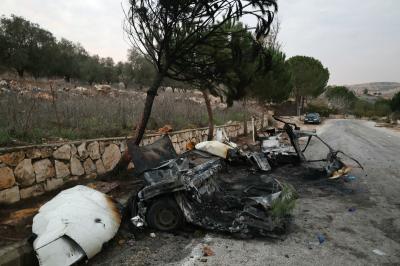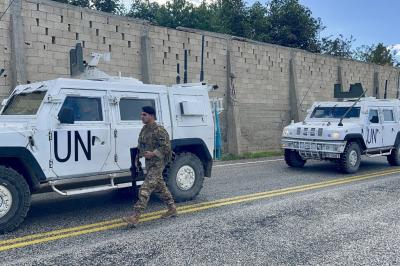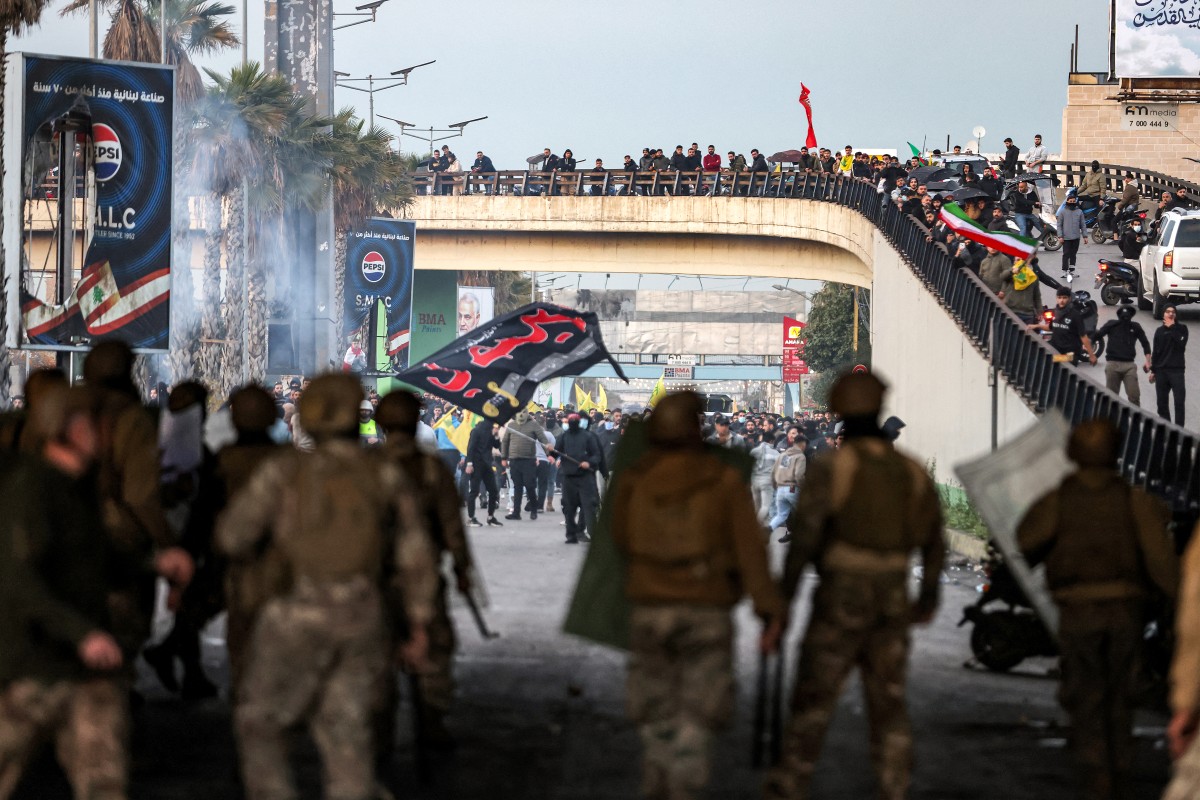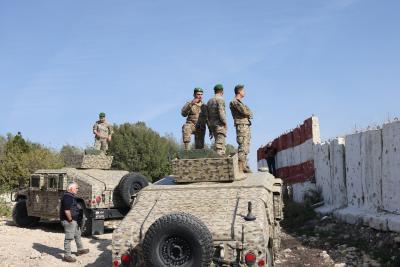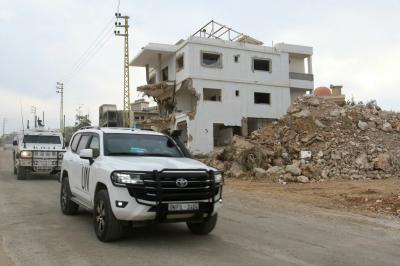Once again, we find ourselves caught in the cycle of fabricating crises and incidents—first against those who mobilized the street, then against the government, and ultimately against Lebanon’s own interests. Those who claim mastery over what they call the "street game" still believe they can manipulate mass movements at will to serve their political ambitions. However, they are now facing the reality that the street is not so easily controlled, and excessive reliance on it often backfires, producing results contrary to their intended objectives.
Regardless of the pretext, these mobilizations are directed against the government. Those behind them have openly accused the government of being powerless and subservient to foreign agendas—chiefly those of the United States and Israel.
Ironically, the very forces driving these protests and instilling fear are themselves part of the government. If they truly believe the government is ineffective and beholden to external powers, why not withdraw from it altogether?
In response to the recent street clashes, the "Amal Movement" and "Hezbollah" were quick to distance themselves, denying any involvement while attempting to exonerate the protesters by blaming "unruly elements" for the violence. Yet, this narrative is far from convincing. In reality, no one in the areas where demonstrations erupted and clashes ensued would dare act without direct orders—or at the very least, tacit approval—from these groups.
Moreover, blocking access to the airport and attacking businesses and vehicles does nothing to advance the protesters’ cause or resolve their grievances. Instead, such actions only strengthen the argument for establishing additional airports, as it is unacceptable for the country’s only international gateway to remain at the mercy of street protests and power struggles.
Those who orchestrated these demonstrations against the government are fully aware that the government has yet to seek a vote of confidence from Parliament for its policy agenda. They also know that both the president and prime minister are actively working to resolve deeply rooted political deadlocks—efforts that require time and effort rather than mere wishful thinking.
Furthermore, those behind these protests must acknowledge that the alternative to the current diplomatic and political efforts is a return to a path that previously brought disastrous consequences—not just for the people of the South, the Beqaa, and the southern suburbs of Beirut, but for the entire country. Are they willing to revert to this course after having lost their military arsenal, their leaders, their autonomy, their financial power, their influence, their credibility, and their allies?
The Lebanese people desire nothing more than Israel’s withdrawal from Lebanese territory—yesterday, rather than today, and today rather than tomorrow. But Israel has been provided with justifications for its presence, citing its stated objectives: implementing UN Security Council Resolution 1701 and related resolutions, particularly 1559 and 1680, which call for the dismantling of militias and the transfer of their weapons to the Lebanese state and the control over the borders. Israel will remain as long as the United States does not compel it to leave.
Another critical point to consider is that with every passing day that weapons remain outside state control, Israel continues to destroy more buildings and infrastructure in the South, making reconstruction and repopulation increasingly difficult.
Those who incite unrest and those who take part in it must recognize that their current predicament is the direct result of their own actions. It is time for them to return to Lebanon—not just physically, but in their political convictions as well—abandoning the "supra-Lebanese" ideology that contradicts the very essence of national belonging.
What is gained by provoking confrontations with the army, which is deployed in the South to push for Israel’s withdrawal? What purpose is served by attacking a government that is urgently seeking confidence to begin its work? Instead of manufacturing crises and igniting incidents that undermine the country’s stability, why not unite efforts to accelerate Israel’s withdrawal and attract much-needed investments?
Please post your comments on:
[email protected]
 Politics
Politics
